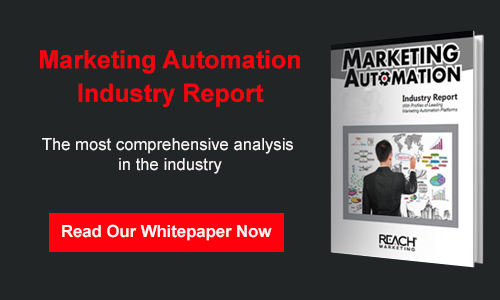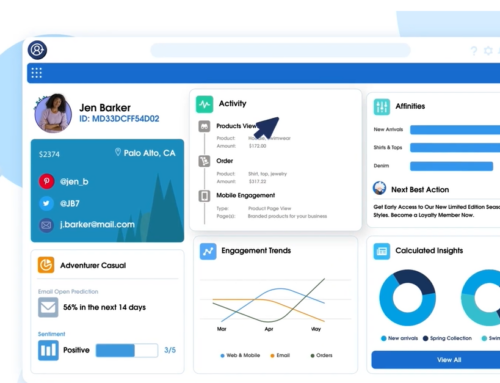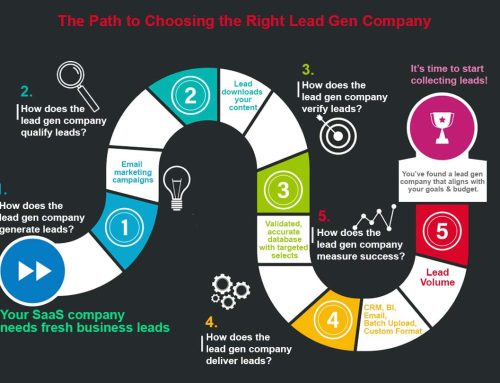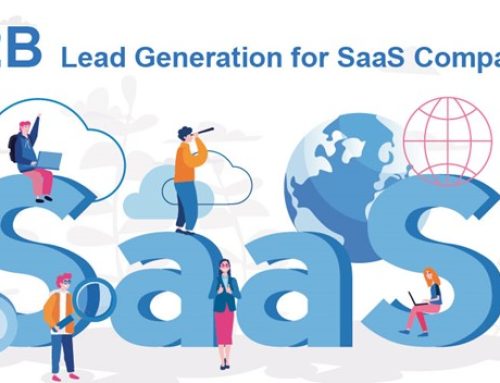For IT pros, artificial intelligence isn’t just science fiction. It’s part of what they work with every day. Only recently has intelligent technology started to make its way into other departments, including sales and marketing. Database marketing in particular takes advantage of nascent AI technology and enables businesses to gather and process data in more sophisticated ways than ever. Combined with the experience of your database management professional, this evolutionary leap to AI-assisted marketing is a look into the future today.
Business leaders across a wide range of industries have an opportunity now to distinguish themselves from the competition and gain an edge by making the most of their data.
Vertical Search
Where marketers were once concerned about the breadth of their data – collecting more of it, finding more sources for it, using technology powerful enough to keep up with it – they now want depth. Search giants such as Google are also offering vertical search capabilities that let users explore specific topics in greater depth. For marketers, vertical search means being able to drill down into topical data sets as well as seeing the wider picture. Account-based marketing depends heavily on this kind of precision and accuracy in database management.
Your database services coordinator can, for example, analyze audience segments as a whole, but you also get a deeper look into specific corporate accounts and at the individuals within them to gain a better understanding of your leads’ decision-making process. When you know who has buying authority, you’re able to approach the most influential people in an organization directly. Vertical analytics give you this capability.
Assistance with a Difference
One of the areas in which AI-assisted database marketing is strongest is at the intersection of human intellect and automation. Technology has come a long way with virtual assistants since that talking paper clip first appeared to help you out with document creation, but even the smartest virtual helper can only do so much. Relational database technology gathers the data, puts it into readily accessible formats, and generates predictive analyses, but ultimately, it’s human expertise that interprets that information in the real world and assesses its relevance.
Here’s an example of how artificial intelligence assists human intelligence. You might notice a sudden upswing in the number of people downloading one of your white papers that previously attracted a modest amount of interest. With a powerful relational database at your fingertips, you’re able to measure that spike against other behavioral changes, and you notice that it correlates precisely with a sudden influx of new traffic from a particular site. Your database marketing coordinator can then pinpoint that site as a prime candidate for targeted advertising or guest blogging opportunities.
Stronger Customer Service
Database marketing pays dividends for leads and customers, too. When you have greater predictive power, you’re able to offer more relevant content. If you’ve ever visited Amazon.com or other major online retailers, you’ve seen AI-assisted marketing in action in the consumer sphere. The system suggests what other shoppers have bought, package buys, and other items like the one you’re considering; all of these options increase both sales rates and value per sale.
In B2B marketing, sales are typically significantly larger, and they occur on a much longer cycle. Because each sale is scaled up, meeting customers’ needs with a steady stream of useful content and relevant information is even more vital. Collaborative filtering that takes past preferences and habits into account for future decisions eliminates distractions for prospects and gives them the data they need to make buying decisions. Combined with your database’s ability to identify the most influential decision-makers, AI-assisted database services are a boon for buyers too.
© Reach Marketing LLC 2016 All Rights Reserved.







